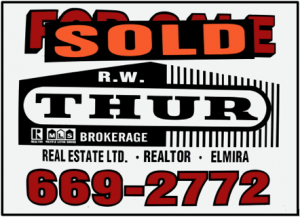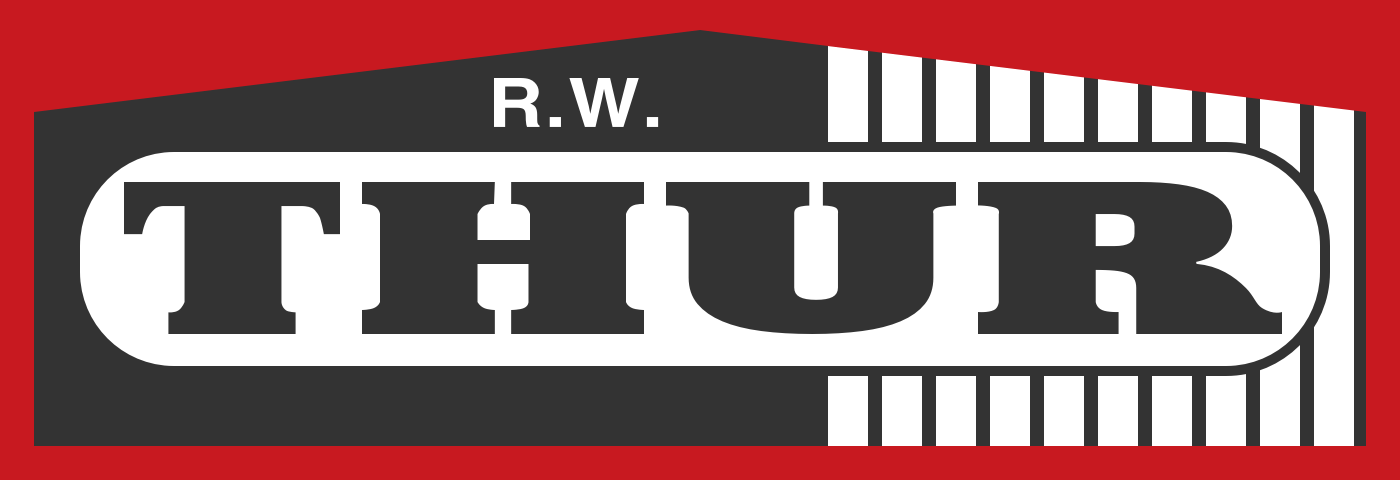Sellers
Pricing Your Home To Sell

As a seller, you have 2 goals:
- To get the most money possible
- To sell as quickly as you can.
To do this, you must be realistic. Price is the number one factor that most home buyers use in determining which homes to view. Although the price is set by you, the seller, the value of the home is determined by the buyer. Don’t allow your bias and enthusiasm to cloud your judgment and lead to overpricing – a mistake you can’t afford to make.
The following are some factors to consider when selling your home:
What Affects Your Asking Price?
- Urgency. How quickly must you sell?
- Competition. How many homes are currently available in your price category and area?
- Available Financing. Does your home come with an assumable loan that is below today’s rate? What are the current home loan interest rates? What financing alternatives are available for your home and area?
- Competitive Market Analysis. Do you know what similar homes in the area sold for within the last six months?
- Expenses. What are your selling costs?
What Doesn’t Affect Your Asking Price?
- Original Cost. Your price is determined by today’s market, not what you paid for it
- Investment in Improvements. Potential buyers will evaluate your home (i.e. wallpaper and carpet) and may include the costs to remove or replace it in their offer.
- The Cost to Build Your Home Today. A replacement value is determined for insurance purposes only.
- Personal Attachment. Buyers purchase a home based on their emotions, not yours. You must try to be impartial to the sentimental aspects of your home when coming to a fair asking price.
- Neighbours Claims. Don’t listen to what your neighbours tell you the fair market value for your home is. Other homes in your neighbourhood may not be as similar as you think. Also the terms accepted by both the buyer and seller greatly affect the sale price.
Problems with Overpricing Your Home
- You’ll Help Sell the Competition. The “correctly priced” homes look even better if yours is overpriced. Most buyers are competitive shoppers and will use the high price as a benchmark of what not to buy.
- Your Home Will Stay on the Market a Long Time. The majority of buyers will see your house within the first few weeks of it coming on the market. If you don’t sell them then, it could take months to replace them with a new round of buyers.
- You’ll Lose Market Interest and Qualified Buyers. Serious buyers use the value, quality and price of similar properties as deciding factors and will often go with the lower priced home feeling it has more value.
- A Negative Impression is Created – Buyers and agents will assume something is wrong with you house that would cause it not to sell.
- You (The Seller) Could Lose Money – If you need to hold your house longer than anticipated, you’ll be making extra mortgage payments as well as incurring additional taxes, insurance and maintenance costs
- You (The Seller) May Have to Accept Less Money. Often a seller will accept less than fair market value in order to sell because of an approaching deadline.
- There is the Potential for Appraisal Problems. The appraiser from your buyer’s lending institution must agree that the home is worth the asking price. If the appraiser believes the price is inflated, the loan may not be approved.
